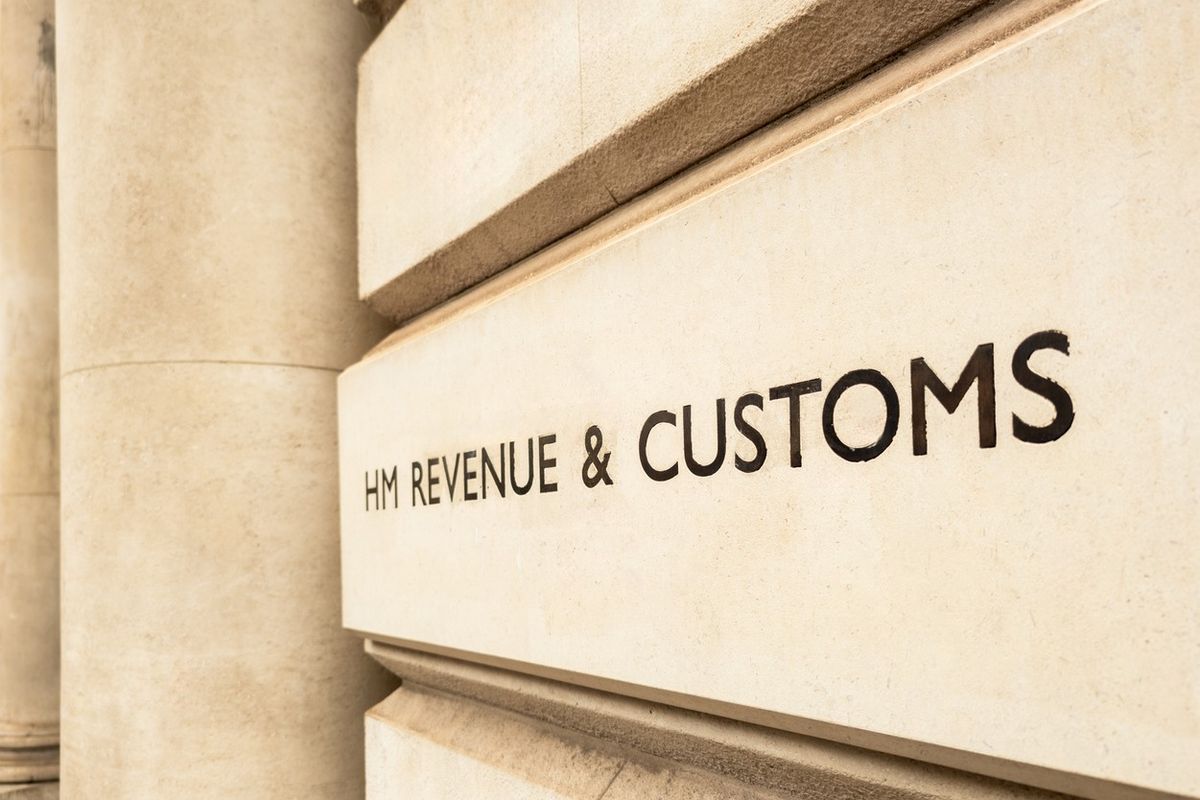The government has on Monday announced that the Valuation Office Agency (VOA), the arm’s-length body responsible for valuing properties for council tax and business rates, will be brought into its parent department HM Revenue & Customs (HMRC) by April 2026.
The move is part of the government’s drive to slash red tape and increase oversight and ministerial accountability.
This is the latest arm’s-length body to be moved into central government following the decision last month that the world’s biggest quango, NHS England, will be brought back into the Department of Health and Social Care.
“We are determined to reduce the hassle of the tax system for British businesses and taxpayers. Ending the inefficiency and duplication of a standalone VOA will help us drive change faster and improve value for money,” James Murray, the exchequer secretary to the treasury, said.
The VOA’s work supports the collection of over £60 billion in council tax and business rates each year, and also provides commercial property valuation services to the public sector.
The Treasury said the move will improve the experience of taxpayers and businesses by cutting the time spent managing taxes and upgrading the customer experience during the “transition to a reformed business rates system”.
The majority of the VOA’s functions will be brought into HMRC by April 2026, and is expected to deliver between 5 to 10 per cent of additional savings in VOA administrative costs by 2028-29.
The announcement is part of the government’s Tax Update: Simplification, Administration and Reform (TUSAR) published on Monday.
As part of this update, 39 measures to reform and simplify the tax and customs system have been announced. These measures include cutting red tape for small businesses by simplifying VAT administration through changes made to the VAT Capital Goods Scheme – a scheme allowing businesses to reclaim VAT on expensive capital items, based on their long-term use.
The government will bring forward legislation to remove computer equipment from the Scheme’s qualifying assets. It will increase the threshold value for capital expenditure value of on land, buildings and civil engineering work from £250,000 to £600,000.
This will free up time and resources spent on tax administration for around 105,000 commercial properties which will be removed from the scheme.
Benefitting businesses, the government has also today published a consultation on a VAT relief to encourage charitable donations.
Currently firms do not pay VAT on any goods they donate which are then sold on, for example through a charity shop. However, if goods, such as hygiene supplies and cleaning products, are not sold but are instead distributed free of charge to those in need, VAT must be paid for if it has been previously reclaimed by the business.
The consultation is to introduce a UK-wide VAT relief for a range of goods which businesses donate to charities to give away free of charge to people in need.
Murray also announced that Scotch whisky makers will see an average 95 per cent saving on their licensing costs from this summer through simplifying licensing.
Producers of traditional spirits drinks which are protected by geographic Indication status, such as ‘Scotch whisky’ or ‘Somerset Cider Brandy’, are required to pay verification fees to HMRC.
This can cost up to £11,410 every two years, and Murray announced that, from 1 July 2025 to 30 June 2031, all spirit producers will start paying a flat fee of £250 every two years, regardless of the product.


